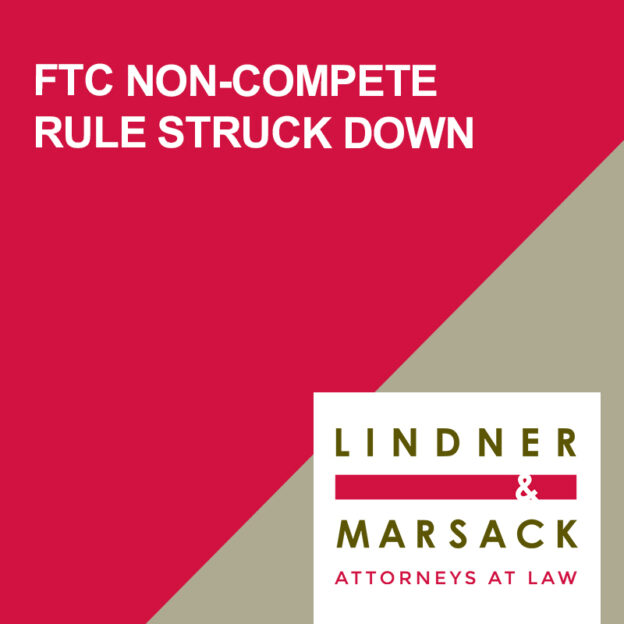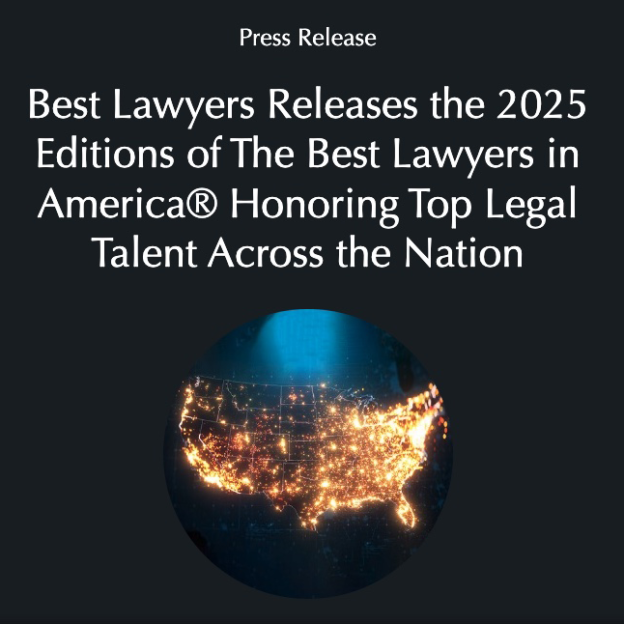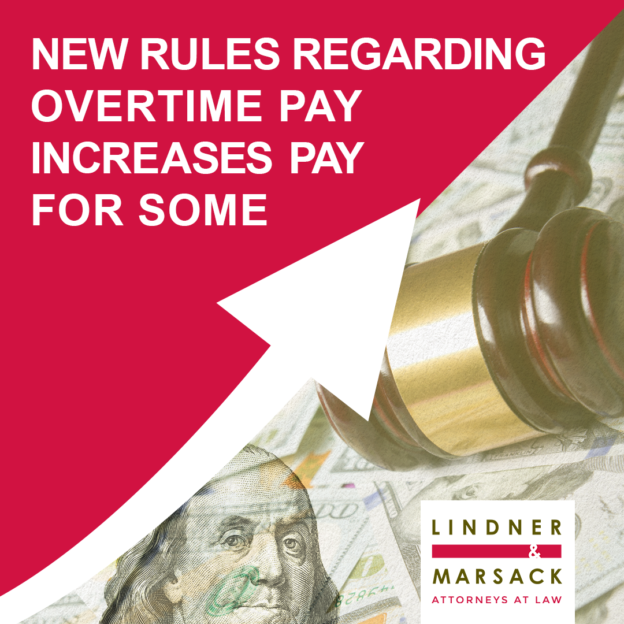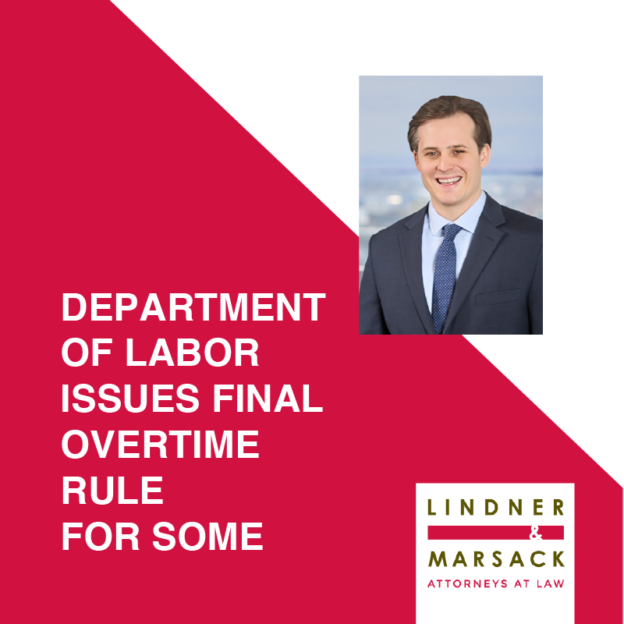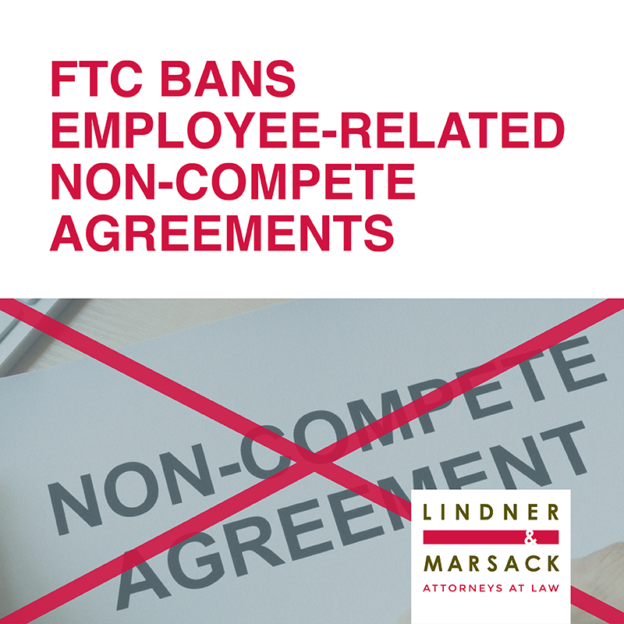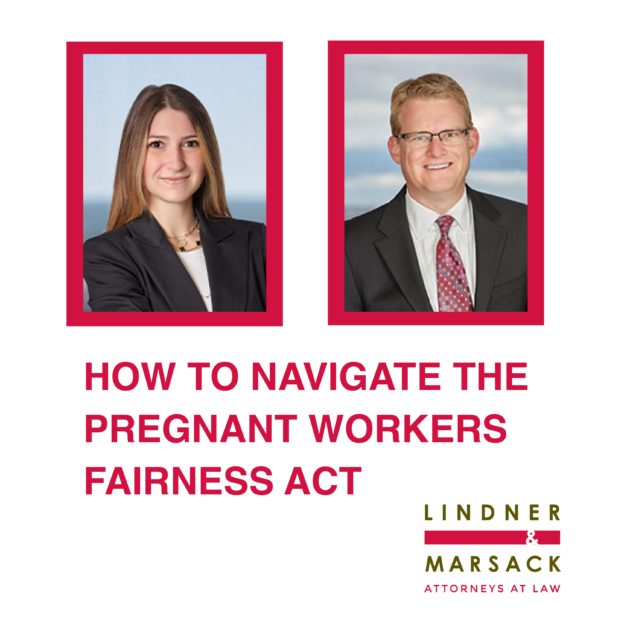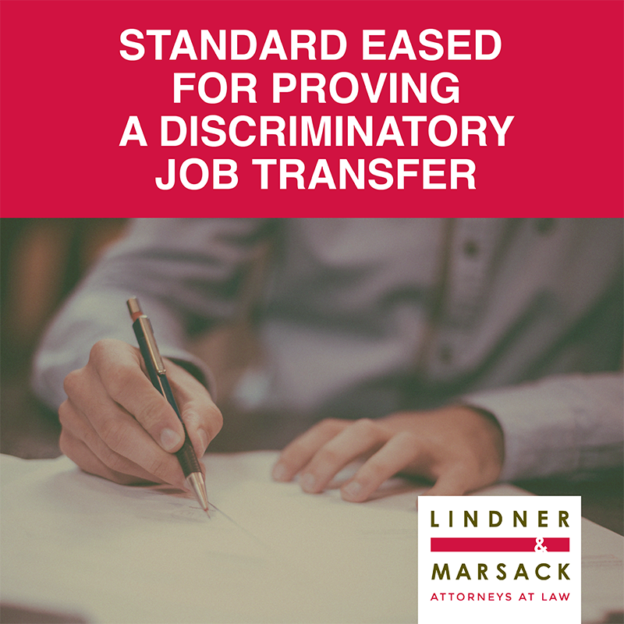We are proud to announce that Lindner & Marsack S.C. has been recognized for our commitment to legal excellence in the 2025 edition of the Best Law Firms® rankings. This prestigious acknowledgment, independently produced by Best Lawyers, highlights our firm’s dedication to providing superior legal services across various practice areas. The Best Law Firms® rankings […]


